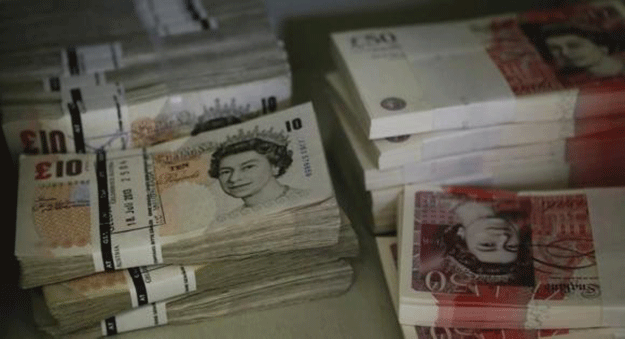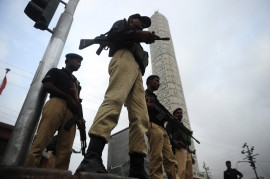
In 1957, Pakistan invoked its right to sovereign immunity from any court proceedings in Britain regarding the issue. As the legal route to recovering funds became blocked, India dealt with Pakistan bilaterally.
The funds refer to the £1,007,940 and 9 shillings which were transferred from the former State of Hyderabad's bank account in National Westminster Bank in London, to an account in the same bank; of the then Pakistan high commissioner to UK in 1948.
Occurring just two days after Nizam acceded to India, it made him one of the three claimants -Pakistan and India being the other two- to the money which is currently valued at £35 million.
According to the recent High Court of Justice ruling, Pakistan lost its sovereign immunity when it voluntarily decided to file a legal claim in 2013, against the National Westminster Bank seeking full recovery of all monies exclusively for itself.
Through the proceedings, it was learnt that initiating proceedings itself amounted to voluntarily giving up its right to immunity and submitting to the Court's jurisdiction. Therefore, in November 2013, days before the first hearing on its case, the government decided to discontinue the proceedings it had itself initiated.
Pakistan no longer benefits from its state immunity over the funds, which gives India the chance to seek recovery of the inheritance through the legal route. Indian government officials have said the funds were not private monies of the Nizam but monies which were referred to as State monies.
The transfer to the account of the Pakistan High Commissioner took place on the instructions of the Nizam's finance minister who may have been an authorised signatory to the account, but he did it without the consent of the Nizam's Government as the Nizam himself later confirmed.
The finance minister of the Nizam's government had no power to withdraw this money without the express sanction of the Nizam or the state government, making the instructions irregular.
The Nizam's subsequent instructions to retransfer the funds were not complied with,'' the government had said in a statement earlier.
This article originally appeared on The Times of India












































COMMENTS (9)
Comments are moderated and generally will be posted if they are on-topic and not abusive.
For more information, please see our Comments FAQ